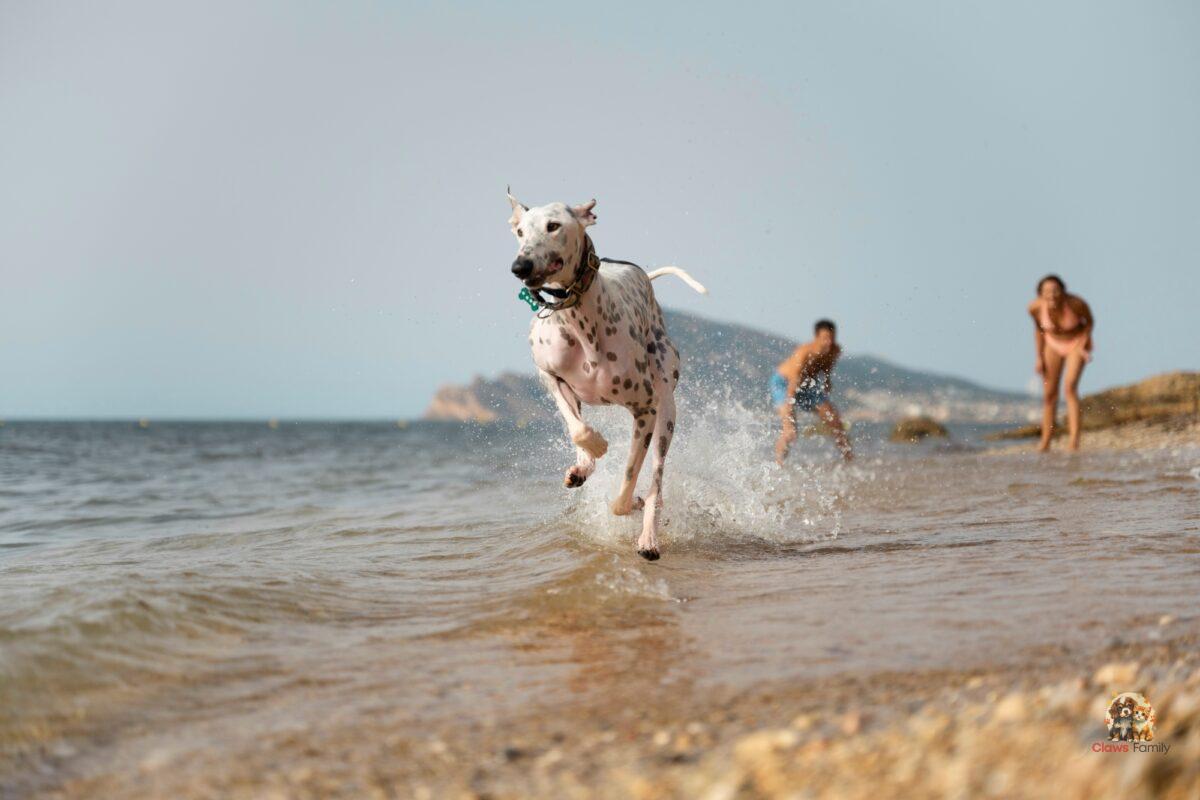A dog's oral hygiene is a fundamental aspect of its overall health. Many dog owners underestimate the importance of dental care, ignoring that poor oral hygiene can lead to serious health problems. In this article, we will explore why it is essential to keep your dog's mouth clean, the best techniques to do so, and how to prevent dental diseases.
Why is a dog's oral hygiene important?
A dog's mouth is a rich environment full of bacteria. Without proper hygiene, these bacteria can accumulate, forming dental plaque, which then hardens into tartar. Tartar can cause gum inflammation (gingivitis), periodontal diseases, and, in the most severe cases, tooth loss. Moreover, bacteria can enter the bloodstream through inflamed gums, causing infections in other vital organs such as the heart, liver, and kidneys.
Signs of Dental Problems in Dogs
Recognizing the signs of dental problems in your dog is crucial for timely intervention. Here are some signs to watch out for:
- Bad breath: A foul odor from the dog's mouth is often the first sign of dental issues.
- Inflamed or Bleeding Gums: Red, swollen gums that bleed easily indicate gingivitis.
- Difficulty Chewing: If your dog shows difficulty or reluctance in chewing, it might have dental pain or gum issues.
- Excessive Salivation: Increased salivation can be a sign of oral discomfort.
- Tooth loss: In more advanced cases, the dog may lose teeth due to periodontal diseases.
How can you maintain your dog's oral hygiene?
There are several techniques and tools to keep your dog's teeth clean:
- Regular Brushing: The most effective method to prevent plaque and tartar buildup is to brush your dog's teeth. Use a toothbrush specifically designed for dogs, as well as toothpaste formulated for them. Start slowly, allowing your dog to get used to the toothbrush and toothpaste taste.
- Proper Diet: A balanced diet can contribute to your dog's dental health. Specific dry foods for oral hygiene can help reduce plaque buildup. Additionally, chewing on coarse kibble can help clean the teeth.
- Dental Snacks and Toys: A variety of snacks and toys aim to encourage dental hygiene. These products can help remove plaque and massage the gums while your dog plays or chews.
- Regular Veterinary Check-ups: Periodic visits to the vet are essential to monitor your dog's oral health. The vet can perform professional dental cleanings and detect any problems early.
Preventing Dental Diseases
To maintain good oral hygiene in dogs, prevention is key. Besides brushing and veterinary visits, it's important to observe your dog's behavior and intervene at the first signs of discomfort. Educate your dog from a young age about oral hygiene, making brushing a fun and rewarding moment.
Taking care of your dog's oral hygiene is not just about a pretty smile but a crucial element for its overall well-being. You can ensure your four-legged friend has a healthy mouth and prevent many dental diseases by following these tips. Don't neglect this aspect, and dedicate the proper time to your dog's dental care;they will thank you with better health and lots of tail-wagging smiles!
More: Dog News


